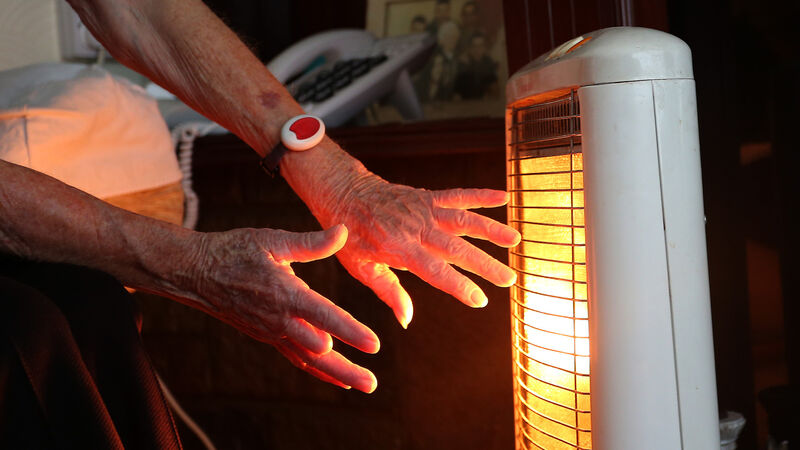Lynn Ruane: We must question why poverty is profitable

Poverty has existed through the ages and it has always involved a wealthy minority benefiting from the deprivation of the poor.
"Poverty is a fortress without drawbridges." Albert Camus.
Recently in the news, we saw a series of stories connected invisibly by the threads of poverty and power. We saw record homeless figures of 11,300 reported alongside record high rents in the Daft.ie quarterly report.













